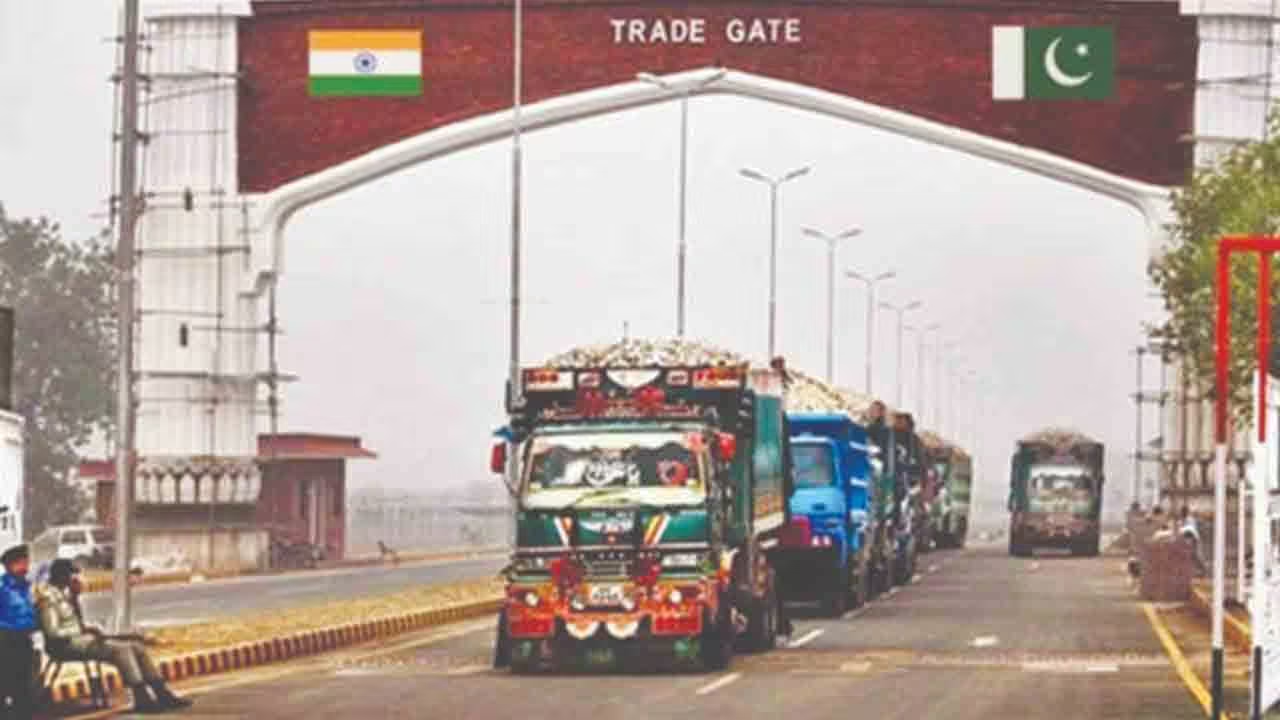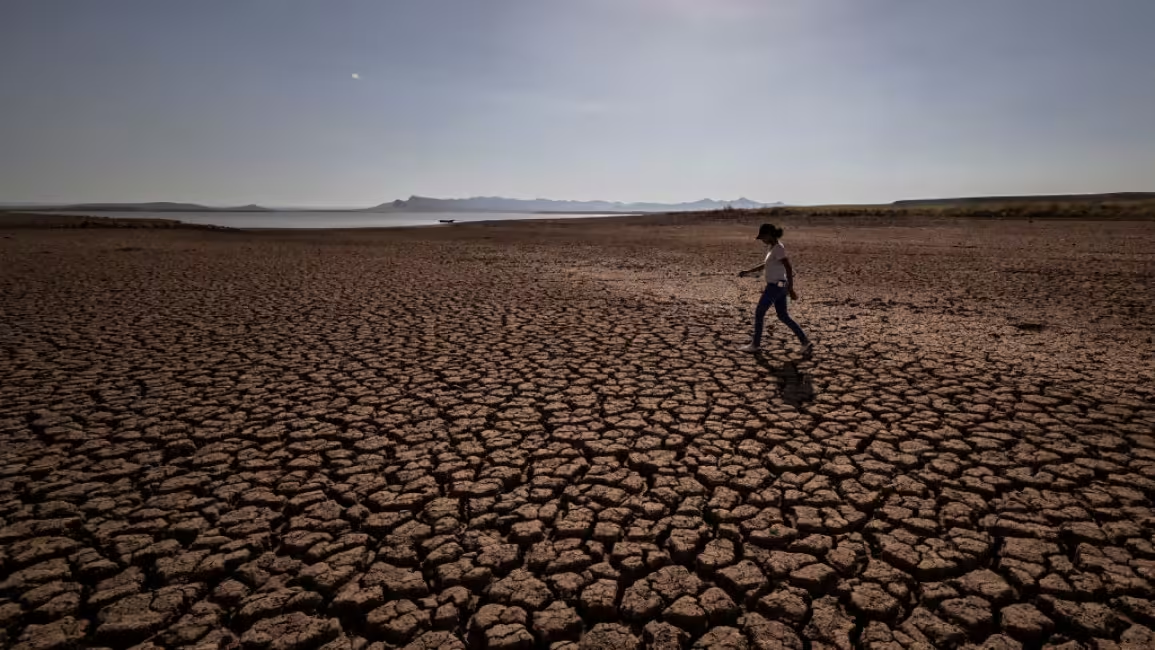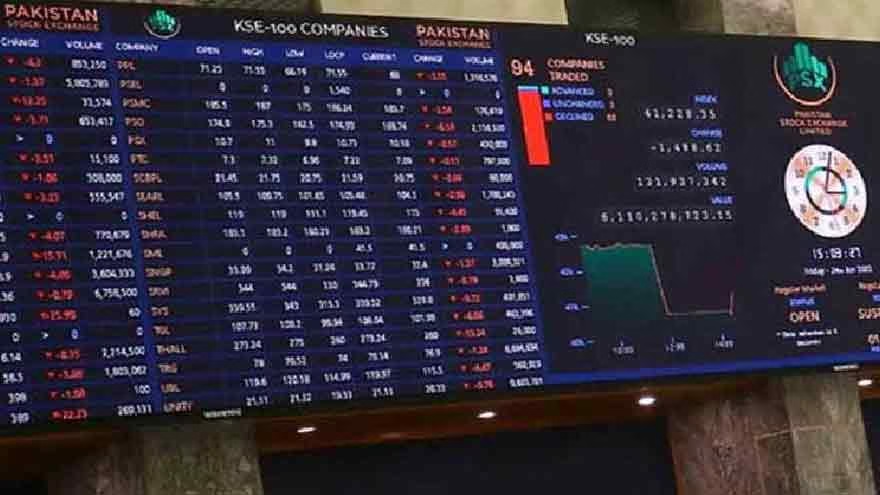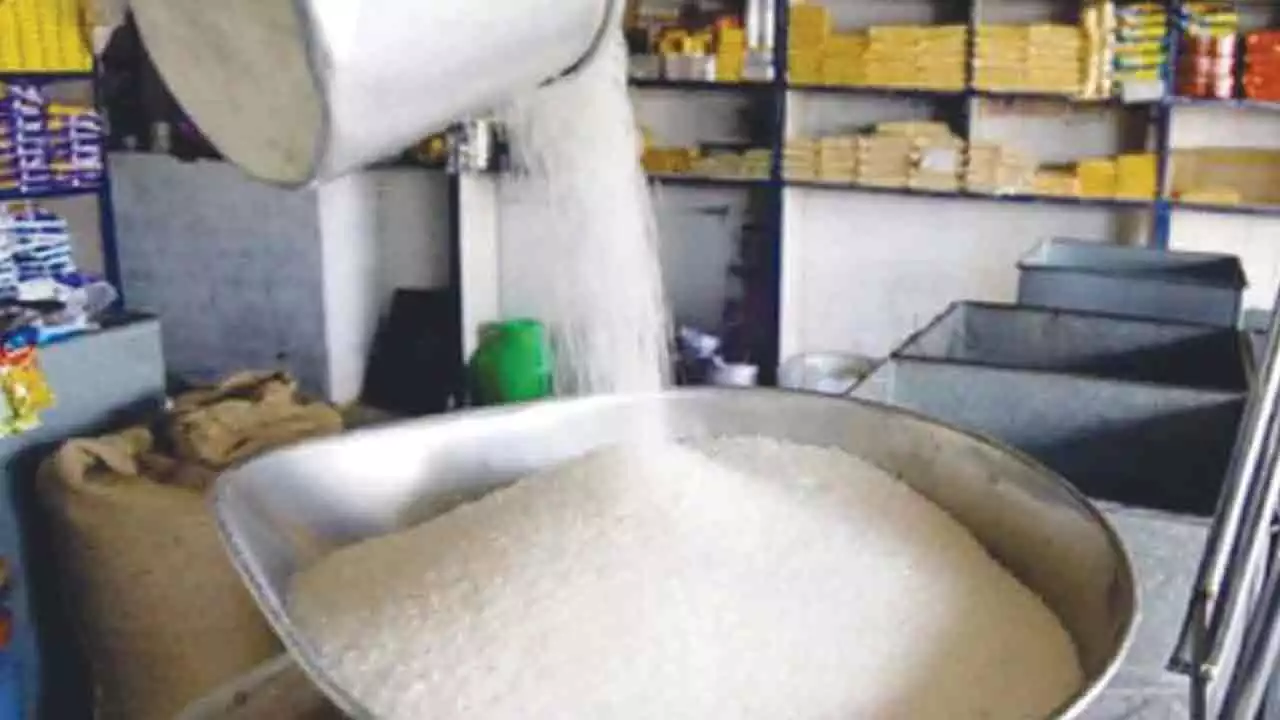In a surprising revelation, the spokeswoman of Pakistan’s Foreign Office recently claimed that bilateral trade between India and Pakistan has completely ceased since 2019. When questioned about the status of trade relations between the two neighboring countries, she confidently asserted that “there is no bilateral trade after 2019,” adding that no discussions or negotiations are currently underway between the two nations regarding trade.
This statement, however, starkly contrasts with the facts on the ground. According to documents obtained by Dunya News, substantial trade between India and Pakistan has continued over the past five years. Goods worth a staggering $1.62 billion were imported from India during this period, revealing a significant disconnect between the official stance and the reality of trade relations.
The data paints a different picture of the supposed cessation of trade. In the fiscal year 2019-20, when bilateral relations were reportedly at their lowest, Pakistan imported goods worth $38 million from India. This figure, while modest, clearly contradicts the claim that trade had entirely stopped after 2019. Moreover, trade did not just persist; it grew significantly in the following years. In 2020-21, imports from India surged to $327 million, marking an eightfold increase from the previous year.
This upward trend continued in 2021-22, with Pakistan importing goods worth $352 million from its eastern neighbor, the highest in the last five years. Although there was a slight decline in the subsequent years, the trade figures remained substantial. In 2022-23, imports totaled $276 million, and in 2023-24, they amounted to $278 million. These numbers indicate that trade, far from being non-existent, has been ongoing and significant, even amidst political tensions and strained diplomatic ties.
One of the most critical aspects of this trade relationship is the import of raw materials used in the production of life-saving medicines. Sources within Pakistan’s Ministry of Commerce have confirmed that despite the official narrative, the country continues to procure essential pharmaceutical ingredients from India. This trade in medical supplies underscores the complexity of bilateral relations, where economic and humanitarian considerations often transcend political disputes.
The discrepancy between the Foreign Office’s statements and the actual trade data raises several important questions. Why is there such a clear disconnect between official rhetoric and reality? Is the denial of ongoing trade an attempt to downplay economic dependencies, or is it a reflection of internal miscommunication within government institutions? These questions are critical, especially given the sensitive nature of India-Pakistan relations, where misinformation or lack of transparency can exacerbate existing tensions.
The trade figures also highlight the resilience of economic ties, even in the face of political adversity. Despite a series of diplomatic setbacks and heightened tensions, especially following the revocation of Article 370 by India in 2019 and subsequent military skirmishes, the economic interdependence between the two nations has not been entirely severed. Trade, particularly in essential goods like pharmaceuticals, has persisted, driven by mutual needs rather than political will.
This situation also reflects a broader trend in international relations, where economic pragmatism often prevails over political rhetoric. In many cases, countries continue to engage in trade and other forms of economic cooperation even when diplomatic relations are strained. This pragmatic approach recognizes that economic stability and access to essential goods are paramount, even when political and ideological differences seem insurmountable.
The ongoing trade between India and Pakistan, despite official denials, also underscores the limitations of political decisions in fully controlling economic realities. While governments can impose restrictions and tariffs, they cannot entirely halt the flow of goods that are essential for the well-being of their populations. In the case of Pakistan, the need for raw materials for life-saving medicines has ensured that trade with India continues, albeit in a limited and perhaps unofficial capacity.
The Foreign Office’s claim that bilateral trade between India and Pakistan has ended since 2019 is not only misleading but is also contradicted by substantial evidence. Trade worth over $1.62 billion has taken place between the two countries over the past five years, with significant imports of essential goods, including raw materials for life-saving medicines. This contradiction highlights the complex and often contradictory nature of international relations, where official rhetoric does not always align with economic realities. As the situation continues to evolve, it remains to be seen whether this discrepancy will be addressed or whether the gap between official statements and ground realities will continue to widen.



